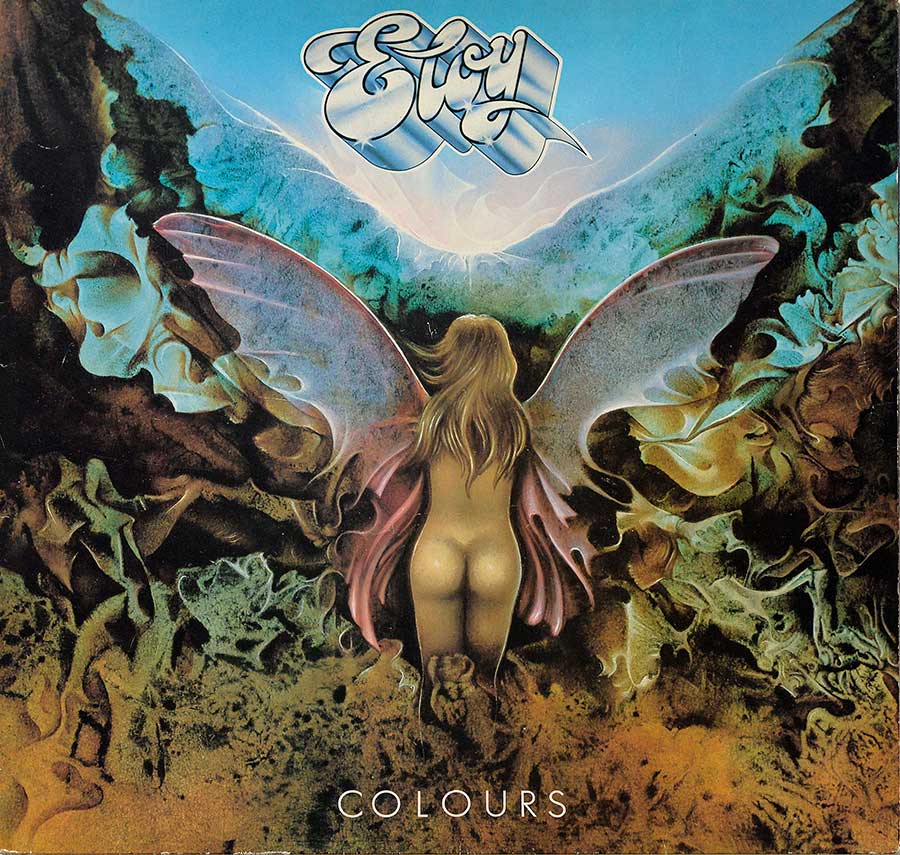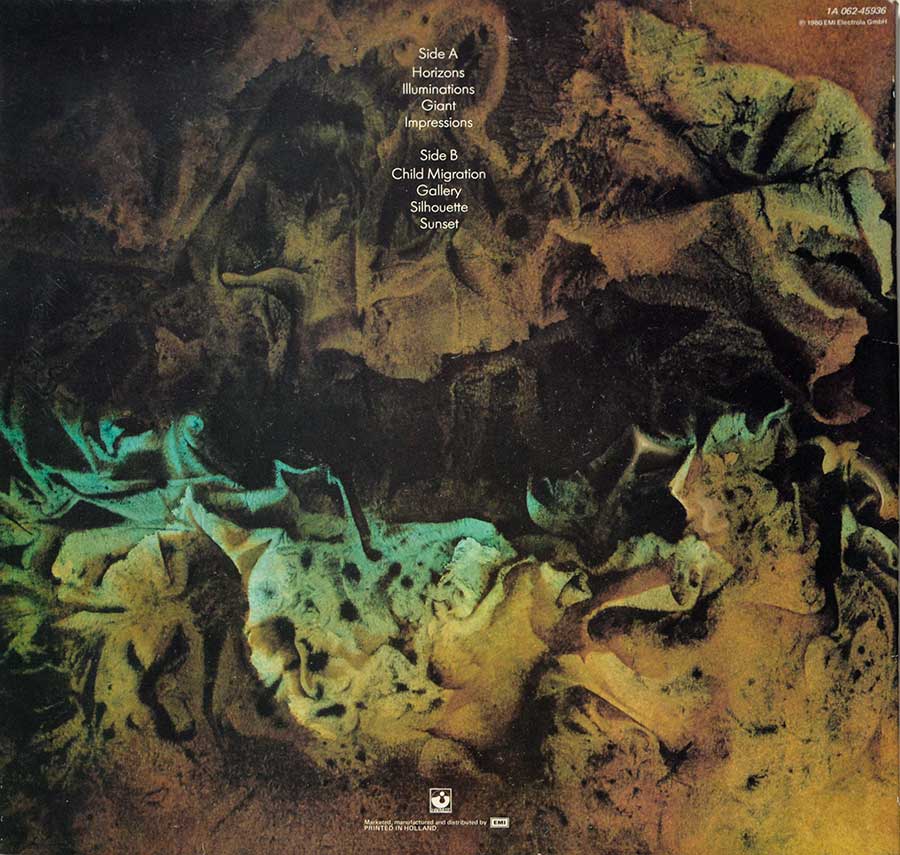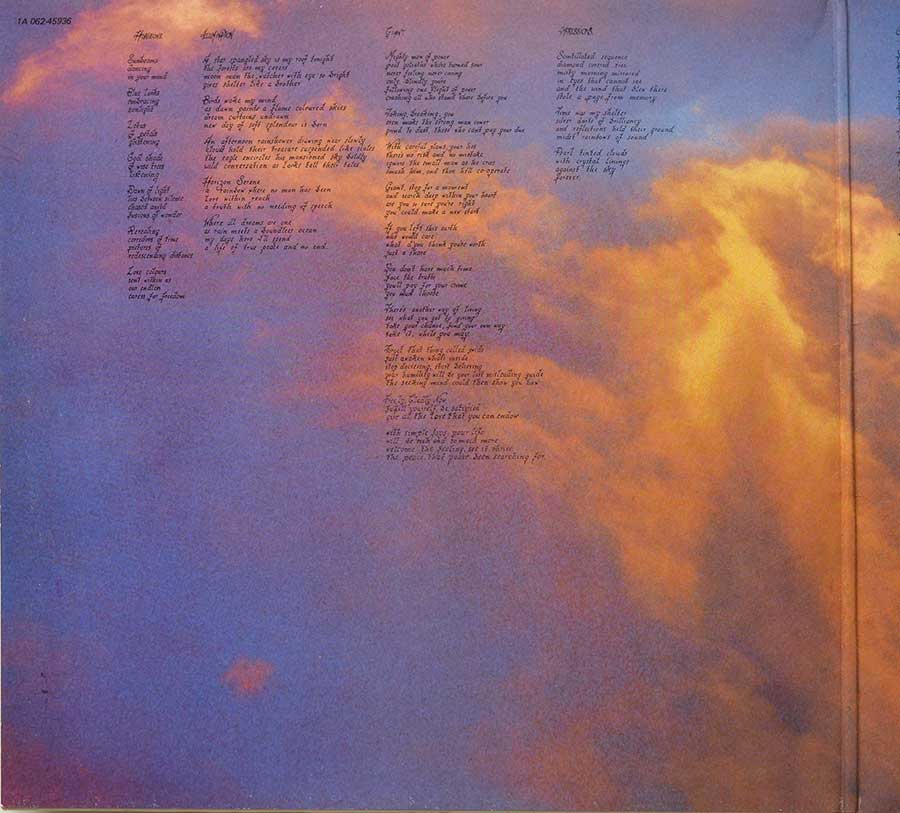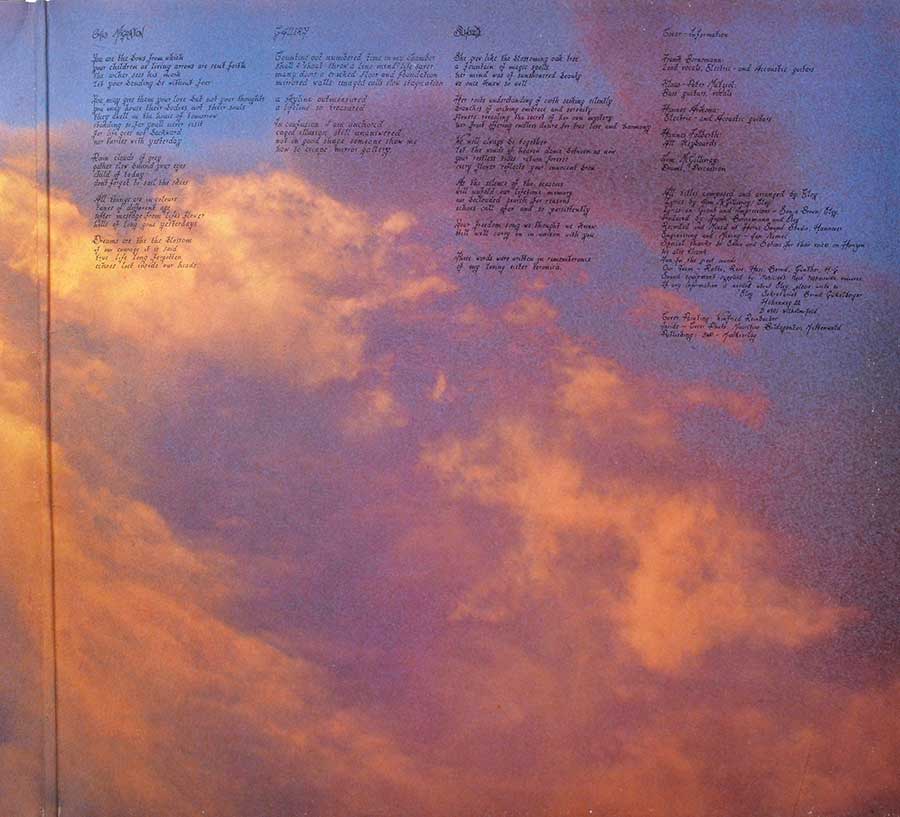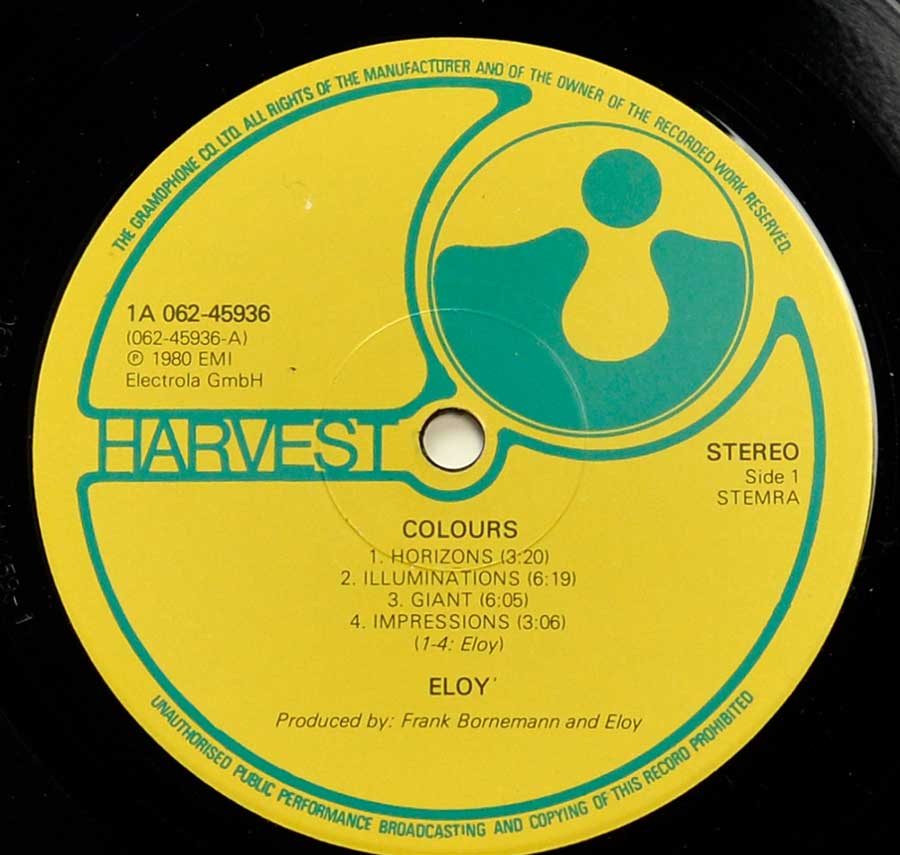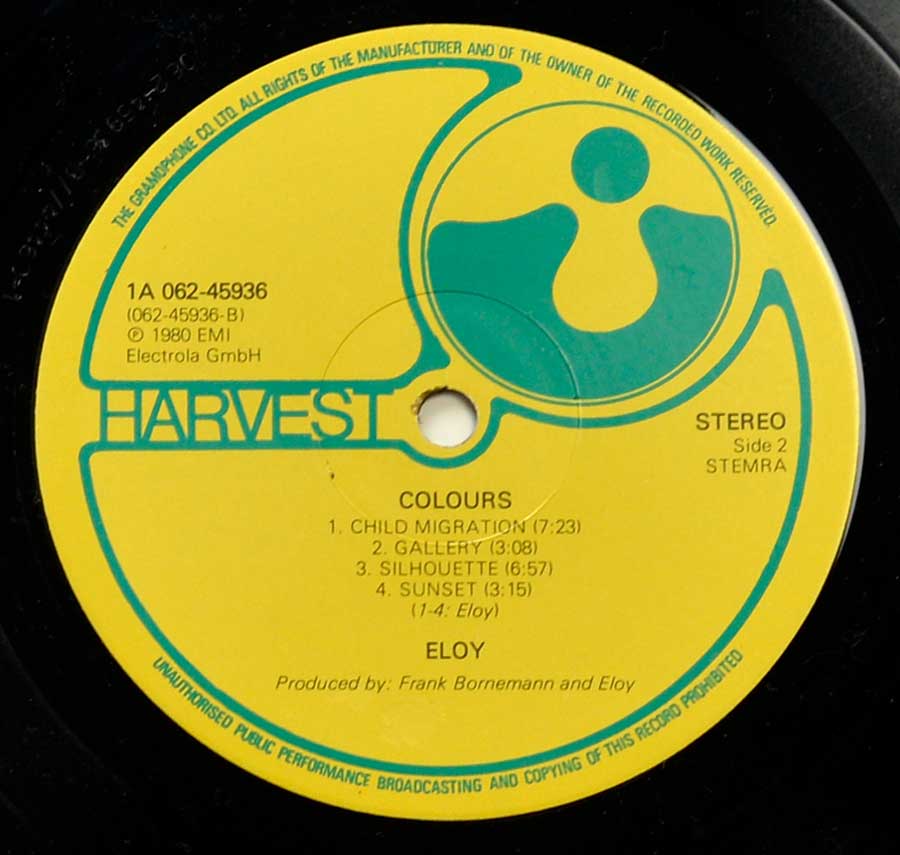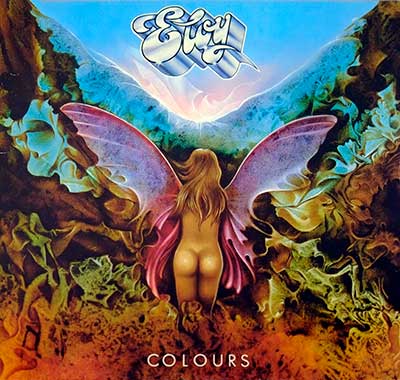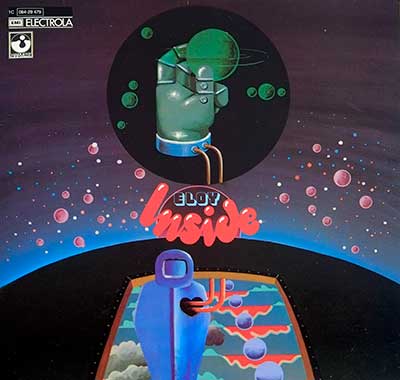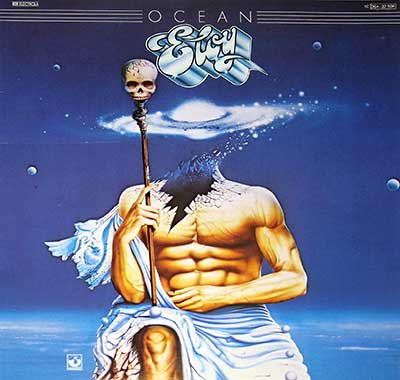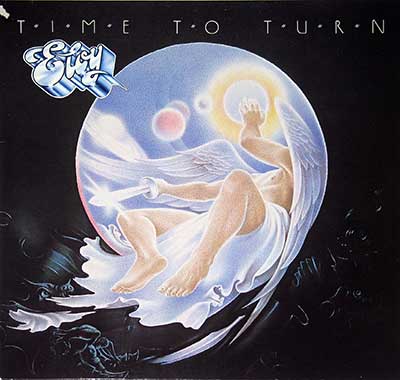ELOY, the enigmatic German prog-rock behemoth, unleashed "Colours" in 1980, a time when the musical landscape was shifting like desert sands beneath a relentless sun. Disco still flickered, its sequins fading as a new wave of corporate rock tightened its grip on the airwaves. Amidst this tumultuous backdrop, ELOY attempted a bold sonic exploration, one that would ultimately fracture their loyal fanbase.
"Colours" emerged from the renowned HORUS Sound Studio in Hannover, Germany, a hallowed ground where legends like SCORPIONS and ACCEPT had forged their sonic weaponry. With the production team of ELOY's own Frank Bornemann at the helm, they embarked on a journey to capture a more commercial, polished sound. This marked a departure from their earlier space-rock odysseys, venturing into a realm where keyboards shimmered brighter than distorted guitars, and catchy melodies replaced lengthy instrumental jams.
This shift in sound is perhaps the most debated aspect of "Colours". Some fans embraced the band's evolution, finding the album's poppier sensibility refreshing and accessible. Others, however, felt betrayed, lamenting the loss of the band's cosmic, experimental edge. The album's production also drew attention, with its crystal-clear sound and polished arrangements both lauded and criticized for straying too far from the band's raw, early sound.
The album's cover art, depicting a fantastical landscape with an angel's backside view in the center, also sparked discussion. Some found the imagery intriguing and evocative, hinting at the album's diverse sonic palette and lyrical themes of personal transformation. However, it also drew criticism for its perceived departure from the band's earlier space-themed aesthetics.
The album opens with "Horizons," a track that immediately sets the tone for the new direction. Bornemann's vocals, softer and more melodic than before, glide over a bed of lush synthesizers. The chorus explodes with a stadium-rock sensibility, a clear bid for mainstream appeal. This musical shift was not without controversy. Longtime fans, accustomed to ELOY's cosmic explorations, felt betrayed by this apparent capitulation to commercial pressures.
"Illuminations" follows, showcasing a more experimental side. Hannes Arkona's guitar work, while subdued, still delivers moments of fiery brilliance. Yet, the overall feel is one of restraint, a conscious effort to create a more accessible sound. The lyrics, often cryptic and philosophical in earlier albums, now touch upon more personal themes, a move that further alienated some of the hardcore prog-rock faithful.
The album's centerpiece, "Giant," is a sprawling epic that attempts to bridge the gap between old and new. It features a lengthy instrumental section that harkens back to ELOY's space-rock roots, yet the melody and structure are undeniably pop-oriented. This dichotomy exemplifies the album's internal struggle, a battle between artistic integrity and commercial ambition.
"Colours" was met with mixed reviews upon its release. Critics praised the production quality and the band's musical evolution, while others lamented the loss of their signature sound. The album's commercial performance was moderate, a far cry from the success of their earlier works. This lukewarm reception, coupled with the backlash from fans, marked a turning point for ELOY. They would continue to release albums throughout the 80s, but never quite recapture the magic of their earlier space-rock epics.
